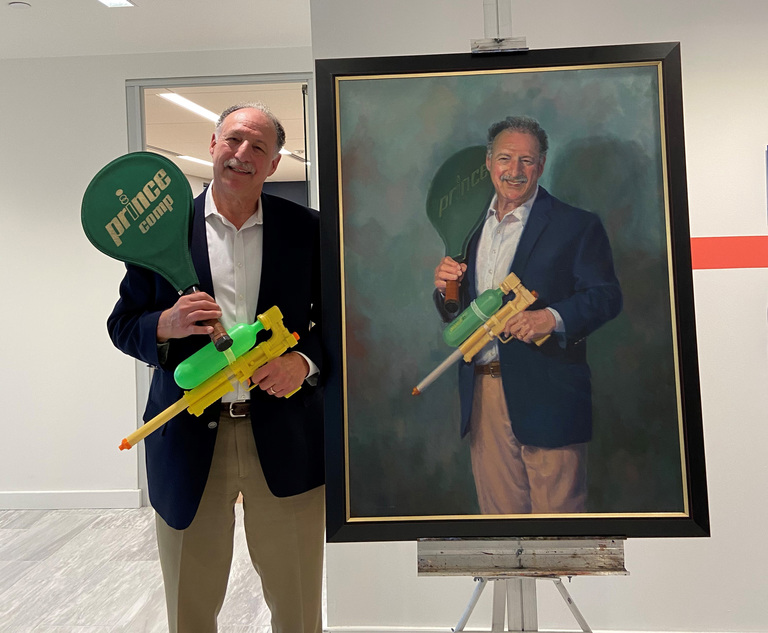On Sept. 16, 2012, four new types of post-grant proceedings under the America Invents Act (AIA) went into effect, making it easier, quicker and more cost effective for would-be defendants, interested parties, patent owners and other meddlers to initiate proceedings to challenge issued patents. At the end of such proceedings, an unsuccessful patent owner— meaning someone who lost a challenge to an already issued patent—could be left without any patent rights, despite having paid thousands in legal expenses and U.S. Patent and Trademark Office (USPTO) fees. Worse still, the patent owner may have already substantially invested (in both time and dollars) in bringing products to market, licensing and undertaking other acts in reliance on the patent. This may leave one wondering: is intellectual property really property? If a person can be stripped of his rights in intellectual property, then how is it property at all?
These questions have been at the heart of several legal disputes in which parties have questioned the constitutionality of post-grant proceedings under the AIA. Challenges have been raised under Article III of the U.S. Constitution, the takings clause of the Fifth Amendment, the right to trial by jury under the Seventh Amendment and the due process clause of the Fifth Amendment.


 Dawn C. Kerner, with Volpe and Koenig.
Dawn C. Kerner, with Volpe and Koenig.




